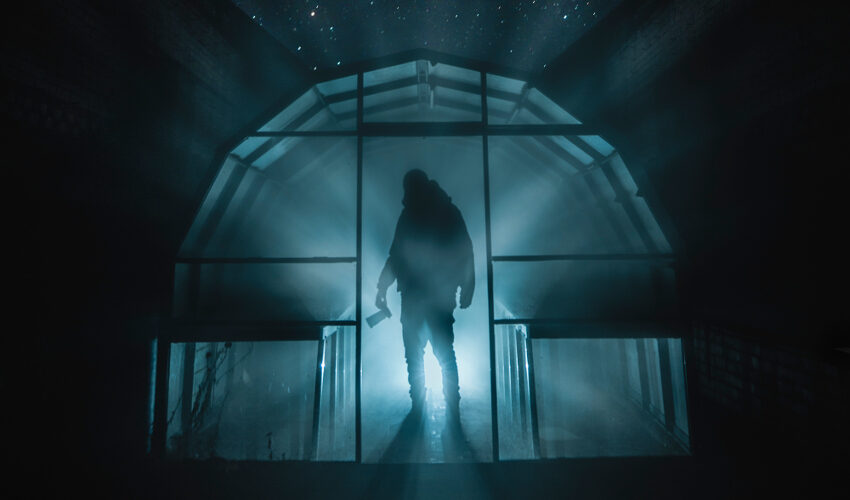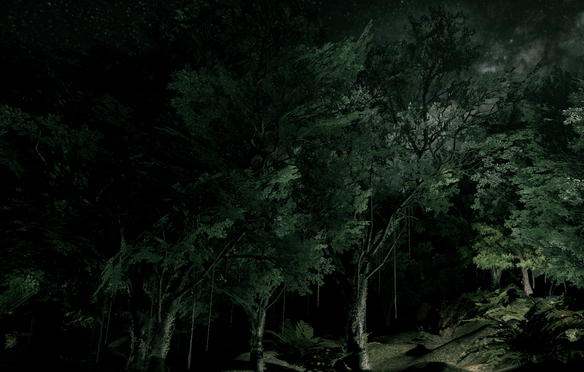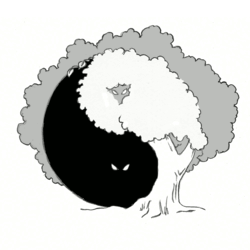 Photo by Josh Joshua on Scopio
Photo by Josh Joshua on Scopio
The first full-length novel I ever read was The Hobbit, followed soon after by the Lord of the Rings trilogy. The books became a formative part of my childhood, even if I did give up on trying to read the Silmarillion.
As something of a Tolkien fan, it hasn't escaped me that there's currently a culture war raging over the presentation of dwarves (particularly dwarven women) in the new Lord of the Rings TV series. I personally have no memory of the books saying anything definitive on the matter of female dwarves having beards, or of the books mentioning dwarven skin tones. I did, however, grow up with what I'm sure was a Tolkien-inspired tradition of bearded dwarven women in Dungeons & Dragons and Disc World. And I expect dwarves possessed a pallid, Nordic complexion in Tolkien's imaginings, just as they did in my own imaginings and in all screen-adaptions of Tolkien's work up to now.
So when I saw the promotional image of the beardless, dark-skinned dwarven princess in the new Middle Earth show, I found myself instantly struck with an overwhelming and total lack of concern. In fact, I found myself so completely non-incensed I thought, "Wow. That's a strong, beautiful looking woman I totally buy as a dwarven princess. This show might be cool."
From that moment, I simply couldn't restrain my lack of any impulse to start writing/recording angry rants about how she represented some violation of Tolkien's work, so that's exactly what I sat down and didn't do. What's more, I didn't do it without a moment's hesitation, and I refuse to apologize for not doing it.
Despite being a white, middle-aged, male fantasy enthusiast myself, I still don't get where this outrage comes from. I utterly, viscerally do not get it. I just don't.
I was very much an unpopular child. Some of that was my own fault. Some of it wasn't. But fantasy worlds were the place I'd retreat to to get away from everyone who wanted me to conform neatly into their well ordered little world, even if that well ordered little world didn't really want me in it.
Even when I felt unwelcome everywhere else, I could always retreat into a book or into world-building. And later, when my peers wanted to retreat into fantasy for any reason, I was the guy who knew how to make it happen. I was the dungeon master—or the game master of whatever other role-playing game might be at hand. At the very least, I was the seasoned player who knew how to organize an adventuring party and keep the action from bogging down. I knew the rules. I knew how to guide the stories.
In the tabletop role-playing hobby, where story met socializing, I finally found a place I could belong. I spent the rest of my childhood and my early adulthood using the games as opportunity to hammer out basic social skills, and I slowly but steadily became less painful to be around. Through it all, my goal remained the same: welcome everyone who needed a refuge into these fantastical worlds so many bullies loathed because they couldn't control them.
Call it nostalgia if you like, but at the time I really did believe that fantasy fandom by its very nature welcomed the outcasts and the dreamers. The whole point was to let the imagination wander and explore "what could be," free from the bonds of both physics and authoritarian society. And when fantasy became big business and started ruling the box office, I let myself believe that meant dreamers had won the culture war.
In some ways we do still have an upper hand we lacked before, but the war wages on. Bullies will be bullies, fighting to impose their will even amid the ever-shifting sands of a world that never existed. They fight to make that world their own, imprinting their beliefs and values on beloved stories, and trying to deny every other version by declaring economic war on the content creators they see as corrupting "their" fantasies.
So rather than run the risk of having someone fight this fight over some future adaptation of my work, let me say this explicitly, here and now, and for the permanent record: I never want to hear my name invoked even posthumously (don't think I'm above coming back to haunt you) to defend some rant about the color of an actor's skin in a screen adaptation of any of my stories.
Do I imagine most of my characters to look European? Yes. Most of the people I know look European.
Does that matter to me or to the stories? Not one bit.
I would be flattered to have anyone see themselves in any strong, compassionate character I created. I'd even take it as a compliment if they saw a little of themselves in my villains, as long as they understood the humanity in those characters is supposed to be a warning that anyone can fall from grace.
And while I would like to retain a certain amount of control over my creations for the present, I can only hope that fifty or a hundred years from now they'll be anything but pristine replications of my original vision. If they're still pristine by then, it can only be because they're dead. The enduring characters of fantasy fiction are the ones that change and evolve with their audience. Each new generation reimagines existing heroes to meet its own needs. The King Arthur of today is not the King Arthur of my childhood, who was not the King Arthur of T.S. Elliot, who was not the King Arthur of Sir Thomas Mallory, who was not the King Arthur of Welsh Legend.
Maybe I actually want my creations to outgrow me some day because my first publishing credits were all role-playing adventures. I still love hearing how things went down dealing with the ghost of Mistmoor Manor, or how the story of the Heart Blade turned out. It took me a long time to figure out how to write the middle and ending of novels because I'd spent my youth just writing beginnings and freeing them to go play in the imaginations of other storytellers.
Regardless, fantasy fiction doesn't need anyone to protect it. It will be what it will be, and you've already got your own version of every imaginary place and character you care about locked safely away in your head where no one else can touch it. Fighting over whose version is the right version is like fighting over which drop of water is the true incarnation of a downpour. There's room enough in fandom for everyone to come indulge and have their non-sociopathic fun, free from outrage, bullying, and intimidation. Let them.


